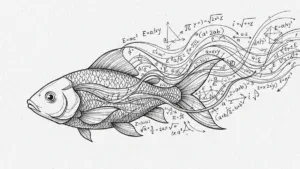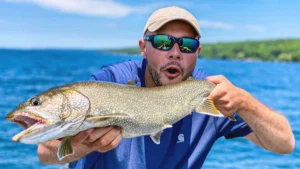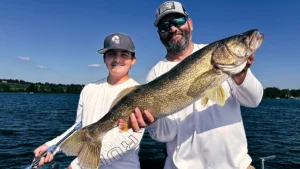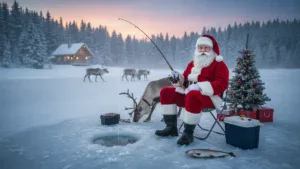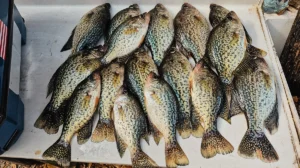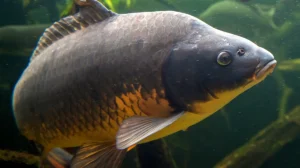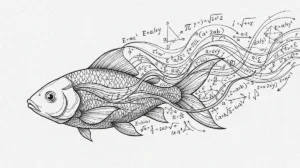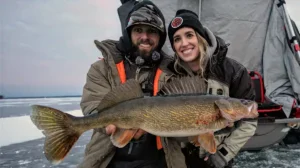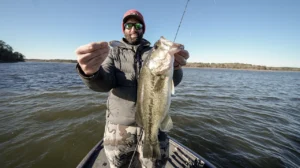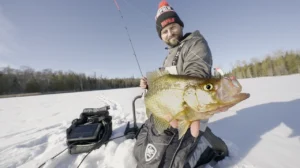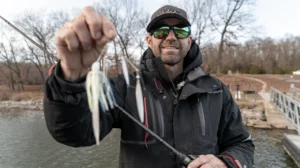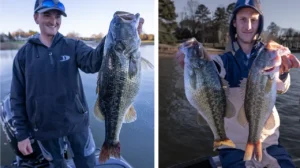The price of admission into fishing, even at the lower levels, has escalated to a point that it’s difficult to enter the game. I tell anglers all the time they need to be analytical and methodical when decision making. Don’t just go with your heart, your dreams, or something you can’t quantify. Think it through. This same thought process can be used when buying a new truck, a house, or even a decision about moving. Rational thinking wins out more often than not.
When speaking to high school or college anglers, I always tell them to create a cost-benefit analysis before diving headlong into competitive fishing. Draw a line down the center of a piece of paper, listing costs/liabilities on one side and assets/benefits on the other. I explain the costs will almost always be greater than the benefits.
Decide how much work you’re willing to put into competitive fishing to be successful. You must be passionate about fishing because those you compete against definitely will. This is particularly true when away from your home lake. Traveling means fishing unfamiliar waters; versatility becomes the rule. You may think you’re the best jig fisherman in the world, but some of the lakes you fish might have the best finesse angler. There is no single menu for success.
The Costs
This may shock folks, but to fish just at the local level is very expensive. The left side of the ledger includes your boat. Expect a price tag of $25k to $100K depending on boat, engine and its accessories. Maintenance of your boat and other gear might be minimal, but it’s still plenty expensive. Your equipment has to be in topnotch shape to compete at any level. Insurance is another consideration. If you fish tournaments, make sure you’re covered during these events. Many insurance companies do not cover you if you fish them. Entry fees vary by trail, but the average price is near $60 per team at the entry level.
Then, add the cost of tackle ($800 for four rods and reels), lures and terminal gear per year ($500), and fuel per month ($100 to $300 depending on events and miles traveled). Don’t forget meals, lodging, and gear like rain suits or sunglasses — the costs get even higher.
Time away from work and home is another huge factor. Jobs and home life can be adversely impacted pretty quickly. Tournament fishing takes a lot of time both on the water and in preparation.
But no matter the expense, I definitely believe it can still be worth it.
The Benefits
It may sound like I am trying to talk folks out of getting into competitive fishing or tournaments. The costs mentioned above can be staggering. But rest assured, nothing is farther from the truth. Time on the water cannot be replaced, at least for most of us, no matter what the cost. Planning, being frugal, and getting only what you need can help lower expenses.
The number of great friends I have now is directly because of my fishing. As far as I am concerned, there are no better people. Networking with outdoors people and winning a couple local tournaments make those expenses more tolerable. Keeping kids on the straight and narrow is an added benefit of fishing. How much does it cost if they go the wrong way?
Still, expenses must be at the top of the list. I can name you hundreds of excellent anglers who never made the big time because of finances. It wasn’t because of their skill level, but mainly because dollars didn’t match results when they stuck their toes in the water. Variables outside of fishing like eating peanut butter and jelly for dinner, sleeping in the truck, and worrying about the bills at home were the deciding factors.
After 40 years of tournament fishing, there is no way I can justify the expenses other than through life experiences. The mental toughness learned from chasing something you cannot see carries over into our day-to-day jobs. The ability to deal with adversity, work with a team, and improve skill levels are all side benefits. Most anglers who fish tournaments do not do it for the money but rather the camaraderie of associating with like-minded folks. Just like golf, it’s more about relationships, testing your meddle against the best, and head-to-head competition that drives us.
There’s no other place I would rather be. Whether working in the fishing industry, fishing competitively for a living, helping young anglers, or just using fishing as a stress reliever, it’s the most rewarding activity that drives me to be better every day.


